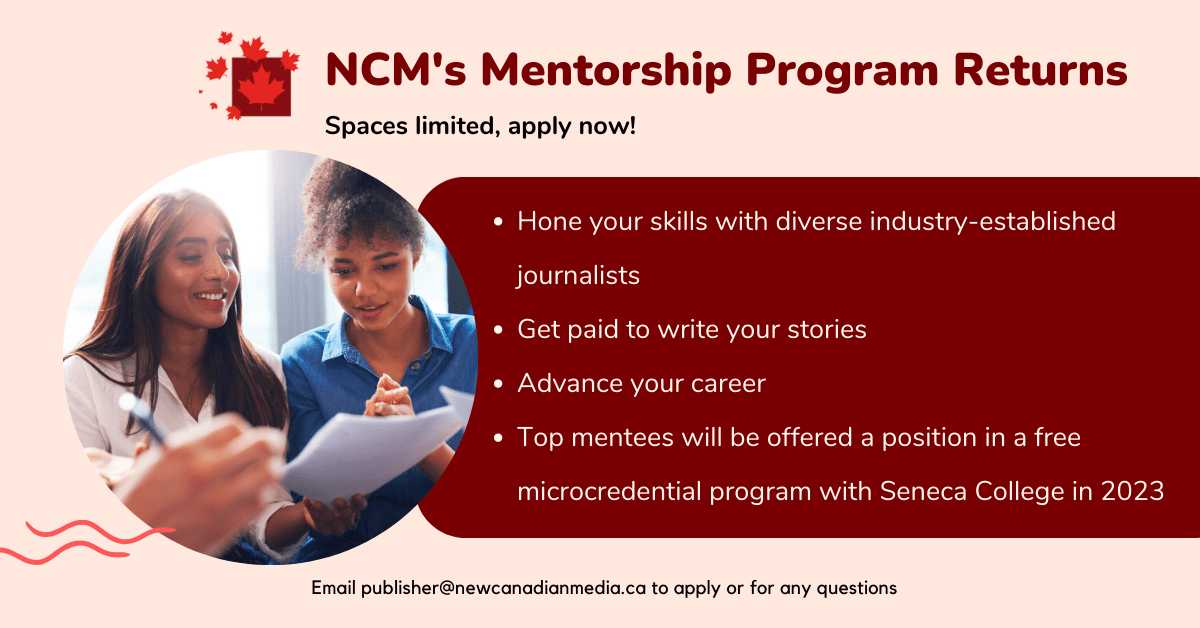Mission statement: The Mentorship program is designed to act as an opportunity for Canadian journalists from diverse multicultural backgrounds to develop new relationships, gain specific insights, and promote diversity in the Canadian media industry.
Process: The objective of the NCM Mentorship program is to provide one-on-one mentorship from a recognized journalist or columnist who has widely published in Canadian publications and websites.
The mentorship will provide opportunities for mentees to receive:
– Constructive feedback on a specific project / piece of writing
– Tailored coaching on how to frame, hone, pitch stories and commentary pieces
– Insights into Canadian audiences and introduction to the country’s media landscape
– Greater understanding and appreciation for journalism norms/expectations
Meet our Mentors

Judy Trinh
Judy Trinh is a correspondent for CTV National News, based in Ottawa. She specializes in politics and investigations, with a commitment to covering stories focusing on marginalized communities. Trinh previously worked as an investigative journalist at CBC, she is also NCM’s chief mentor.
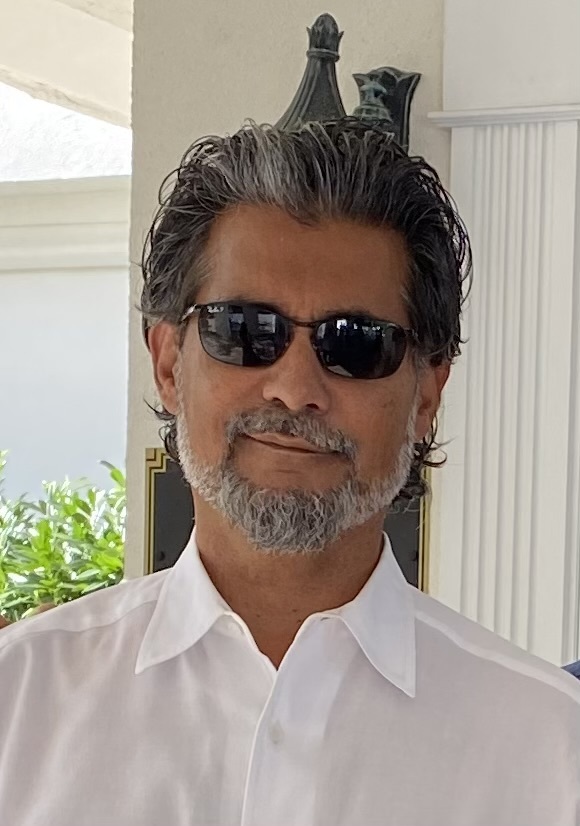
Nazim Baksh
Nazim Baksh has been producing news, feature reports and investigative documentaries for multiple CBC platforms from May 1990 to present. He has covered a range of subjects but has distinguished himself by cultivating a niche of his own in the national security space. Nazim has produced stories pertaining to violent religious extremism and right-wing ideologically motivated hate and racism, and more recently, the plight of international Indian students in Canada who were “Sold a Lie,” a Fifth Estate episode that aired on September 29, 2022. As an unofficial CBC resident “expert” on Islam, Muslims and the Middle East, Nazim has become adept at informing story selection and production so as to avoid bias, stereotypes and racism.
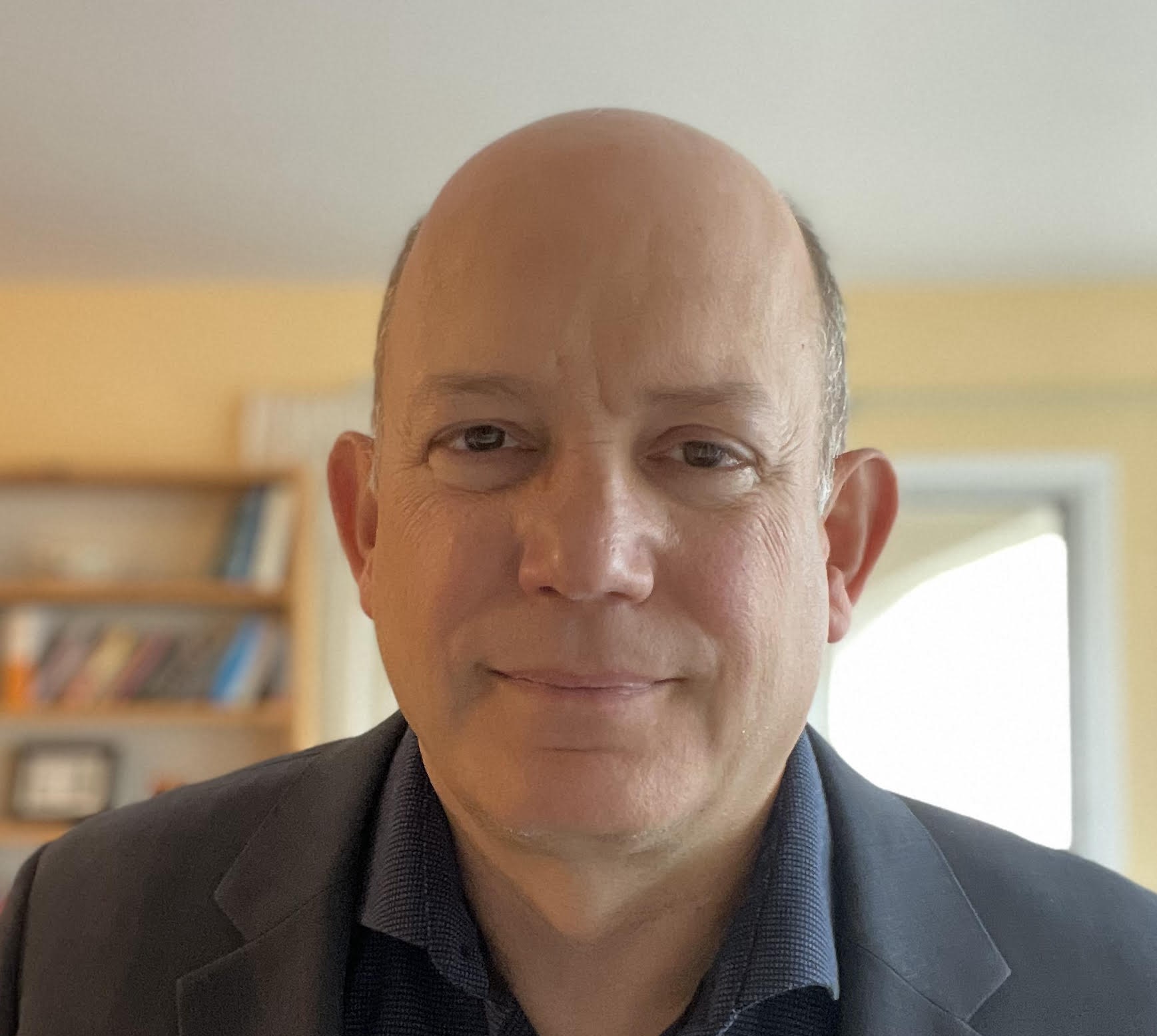
Paul Bucci
Paul Bucci is an award-winning journalist and editor who has worked in senior management positions in some of Canada’s largest media companies, including Postmedia, Black Press Media and Brunswick News. Accomplishments at Postmedia included establishing Tai Yang Bao, a Chinese-language online news publication and Vancouver Desi, a publication for South Asian audiences. A former legislature journalist with reporting stints in Somalia and Bosnia, Bucci has been an editor and strategist with New Canadian Media since 2022.
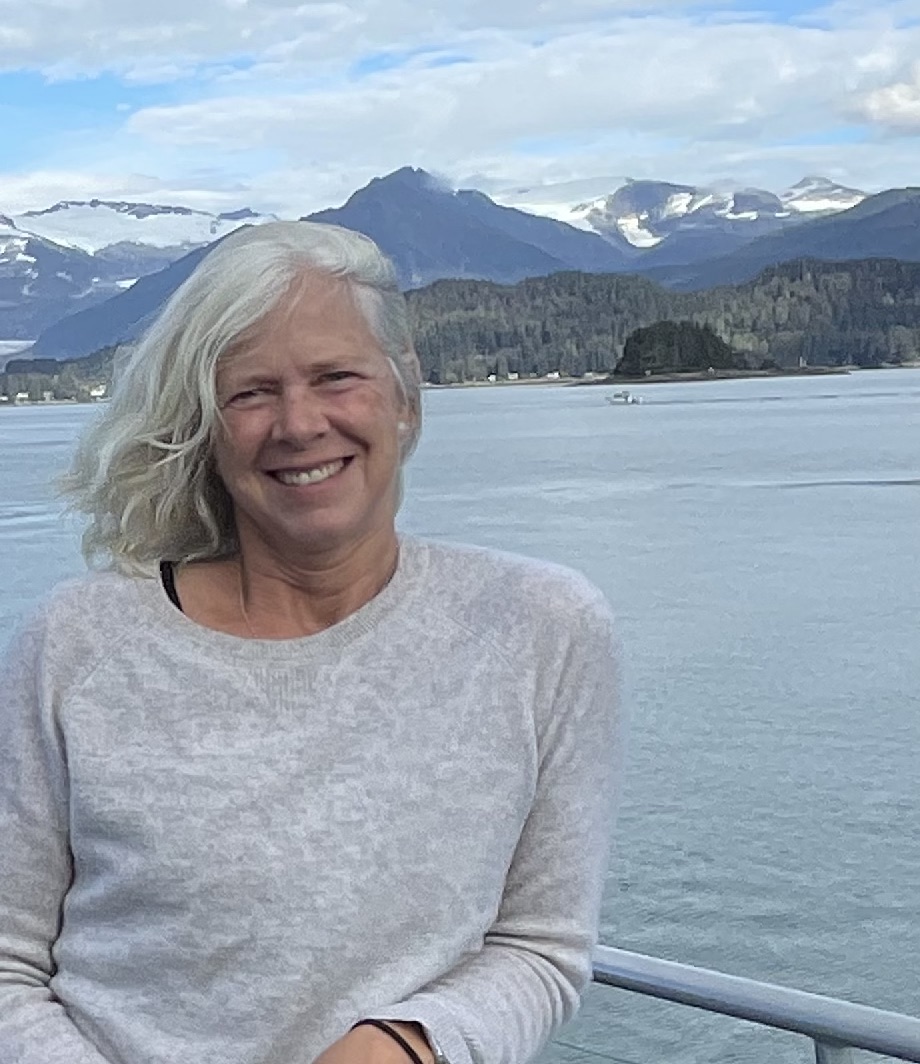
Wendy McLellan
Wendy McLellan is an award-winning journalist with more than 25 years’ experience working in media. She has worked in newsrooms as an assignment editor; acting city editor; beat and general assignment reporter; and web/social media editor.
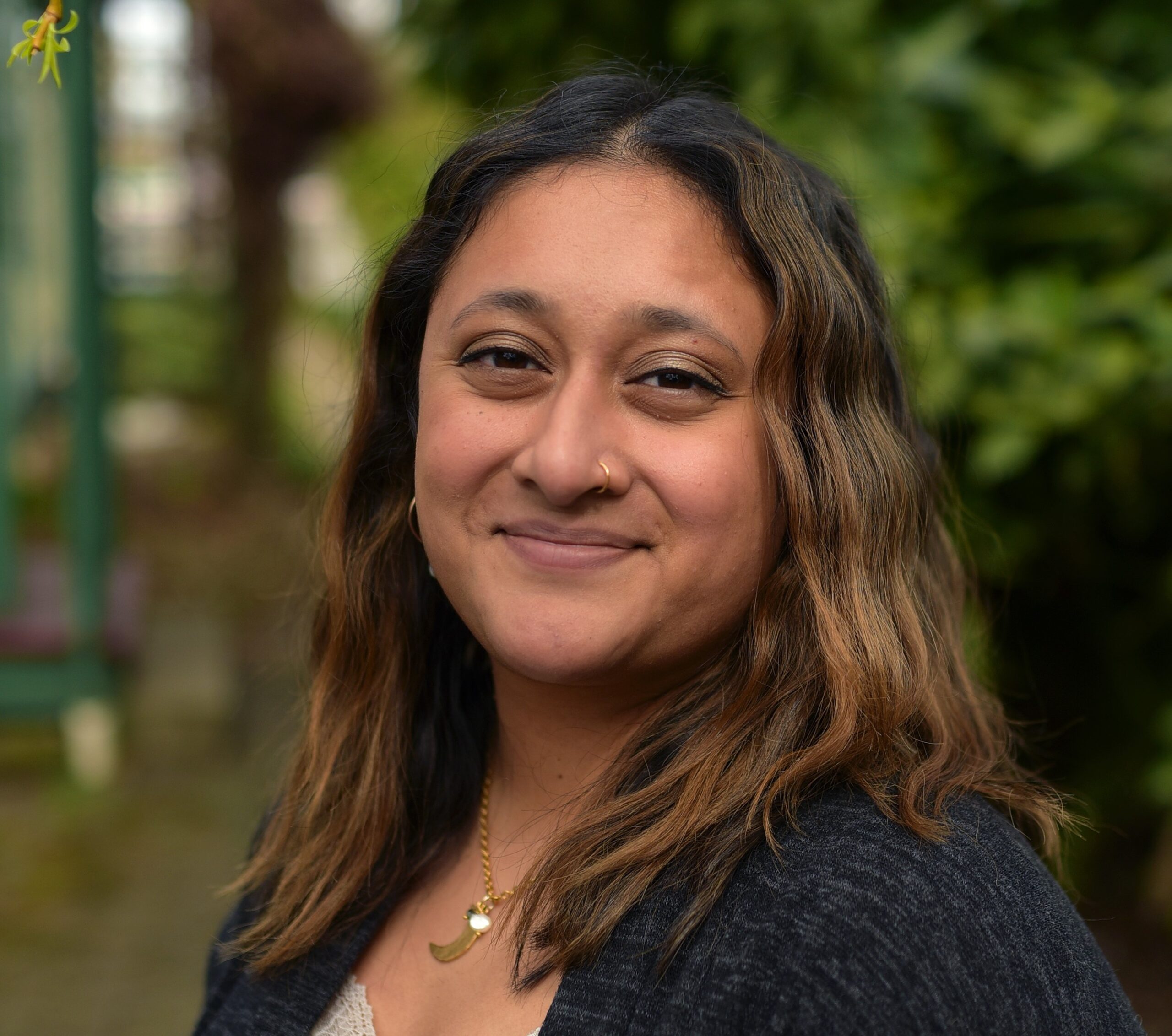
Shalu Mehta
Shalu Mehta is a lead reporter for The Discourse Cowichan. She is an immigrant settler living on lək̓ʷəŋən territory, just outside of what is now called Victoria, B.C., though her work covers the lands of many Coast Salish nations. She has previously worked at daily news outlets in Ontario and on Vancouver Island. Shalu received her Master of Journalism degree from Carleton University in Ottawa. She has a Bachelor of Arts in English Language and Literature and Comparative Literature and Culture and a Certificate in Theatre Arts from Western University in London, Ont. Shalu is passionate about community-driven, solutions-focused journalism. She seeks to deepen conversations and complicate narratives through her work and wants to help build equity, diversity and meaningful dialogue in the news industry so that it better represents the people the industry serves.
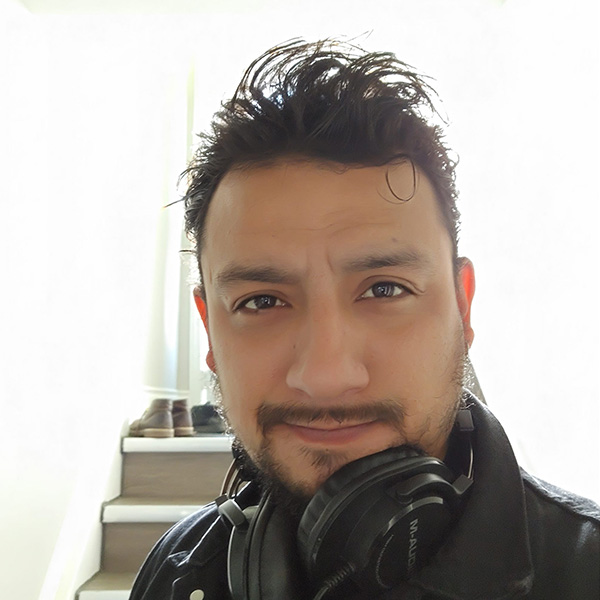
Fernando Arce
Fernando Arce is a Toronto-based independent journalist originally from Ecuador. He is a co-founder and editor of The Grind, a free local news and arts print publication, as well as an NCM-CAJ member and mentor. He writes in English and Spanish, and has reported from various locations across Canada, Ecuador and Venezuela. While his work in journalism is dedicated to democratizing information and making it accessible across the board, he spends most of his free time hiking with his three huskies: Aquiles, Picasso and Iris. He has a BA in Political Science from York University and an MA in Journalism from Western University.
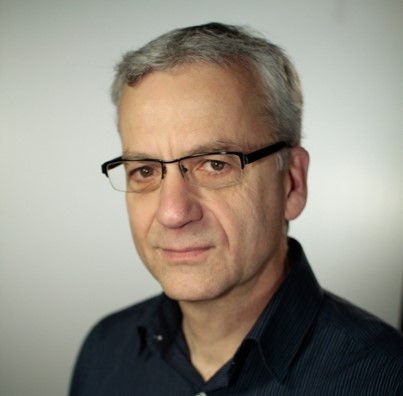
Cecil Rosner
Cecil Rosner has been a professional journalist in Canada for more than four decades, concentrating for most of that time on reporting and supervising investigative journalism projects. He has taught the principles of investigative journalism widely, and is the author of the definitive history of the genre in Canada – Behind the Headlines: A History of Investigative Journalism in Canada. He was with the CBC for 31 years, and his last position was as executive producer of The Fifth Estate. For 13 years he served as managing editor of CBC Manitoba, overseeing all editorial content on radio, television and online.

Steven Zhou
Steven Zhou is a Toronto-based journalist and writer focusing on issues around immigration, discrimination, and politics. He has worked as a reporter, producer, and writer for CBC News, CBC Radio, CBC TV, and VICE News. You can read his work in the Globe and Mail, the Toronto Star, Foreign Policy, and the LA Review of Books. Steven also works with the National Council of Canadian Muslims (NCCM).
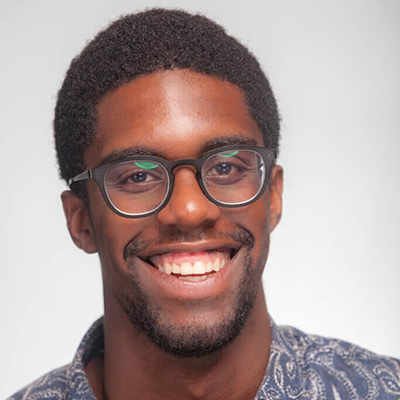
Marcus Medford
Marcus is a poet, editor and freelance journalist based in Toronto. He currently works with New Canadian Media as an Editor and as a Freelance Writer for ByBlacks.com, The Edge: A Leader’s Magazine and The Soapbox Press.
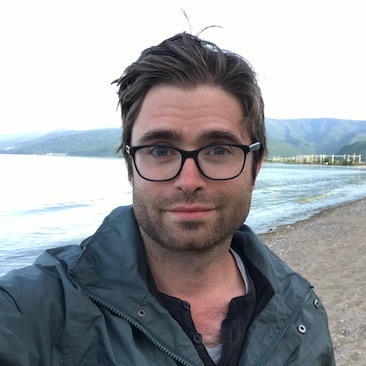
Hamdi Issawi
Hamdi Issawi is an Edmonton journalist born and raised in Alberta’s capital. He got his start delivering newspapers at 13, but never considered a journalism career until 10 years later, when a fortune teller found a “writer’s fork” on his palm. Since then, he’s covered the environment and energy beat for StarMetro Edmonton, the West Coast as an assistant editor for Maclean’s, and sundry Alberta stories as a freelancer for national news outlets. Follow Hamdi on Twitter at @hamdiissawi.

Hadassah Alencar
Hadassah Alencar is a bilingual freelance journalist in Montreal who has five years of experience in journalism. She is completing her studies in Journalism at Concordia University, where she has worked as a radio newsroom technical producer, copy editor, video lab teaching assistant for the Journalism department at Concordia. Since beginning the program in 2019, she has served as a news editor and Editor-in-Chief at The Concordian, Concordia University’s Independent student newspaper, and helped organize NASH84, Canada’s largest student media conference with the Canadian University Press (CUP) and Le Délit. Since 2020, Hadassah has been nominated for two John H. McDonald Awards for Excellence in Student Journalism for investigative and Indigenous multimedia stories. She grew up in Ontario after her family immigrated from Brazil, and relocated to Quebec nearly a decade ago. Currently, she is finishing her studies while writing for publications such as The Eastern Door and New Canadian Media. As an NCM mentor, she is best suited to coach journalism and media studies students.
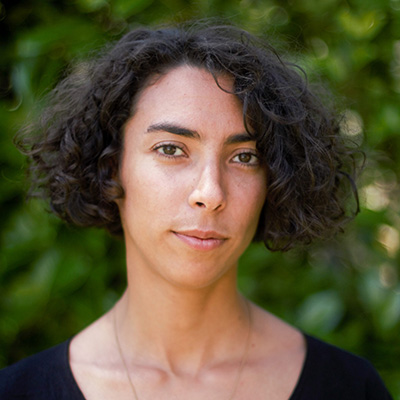
Marine Caleb
Journaliste indépendante, Marine a travaillé en France, au Liban et au Québec. Passionnée par les questions féministes, l’identité, l’intégration et les migrants, elle se plaît à défaire les clichés et décortiquer les clivages. Elle a pour ambition de combattre les injustices et les discriminations avec des mots et des solutions.
Read testimonials from former mentees
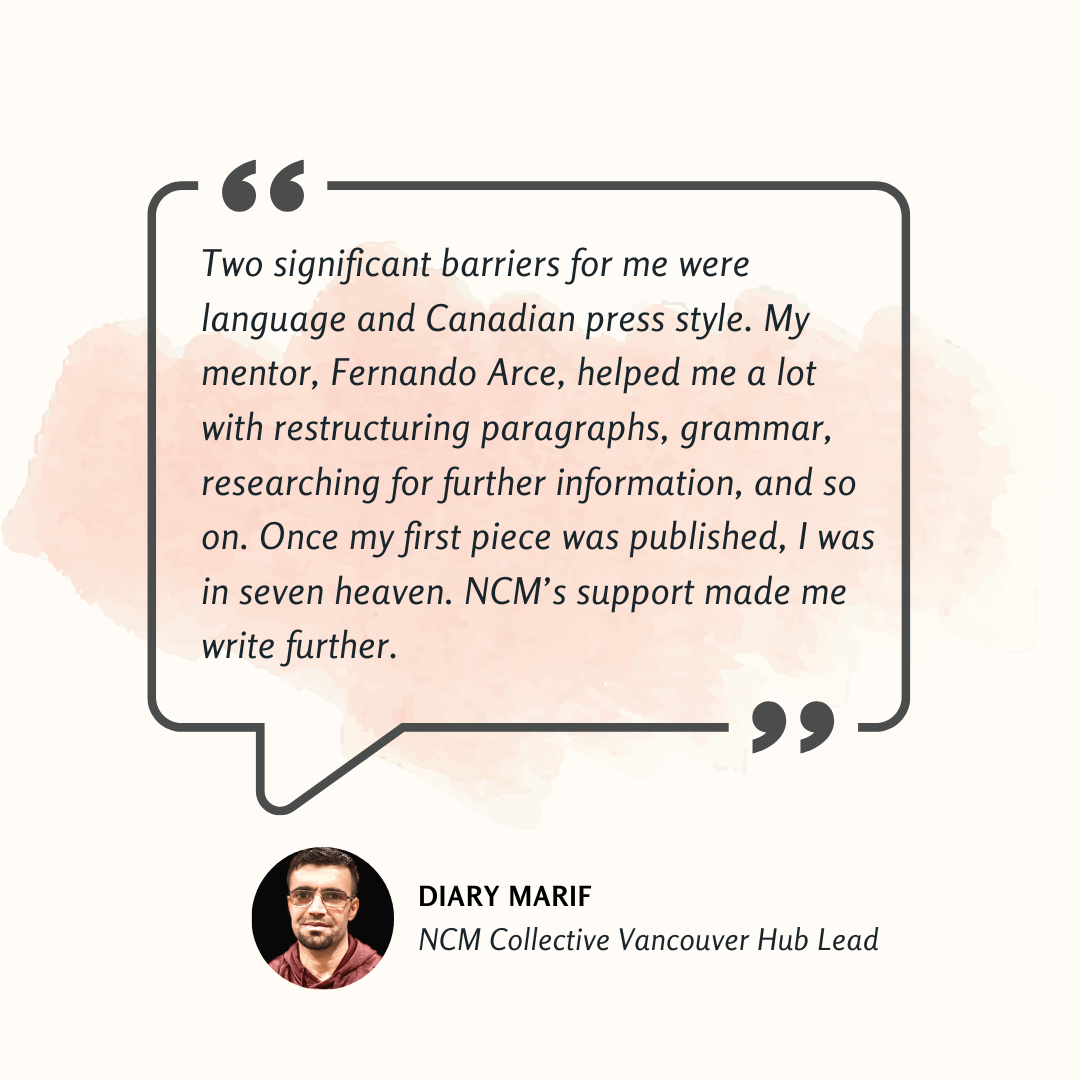
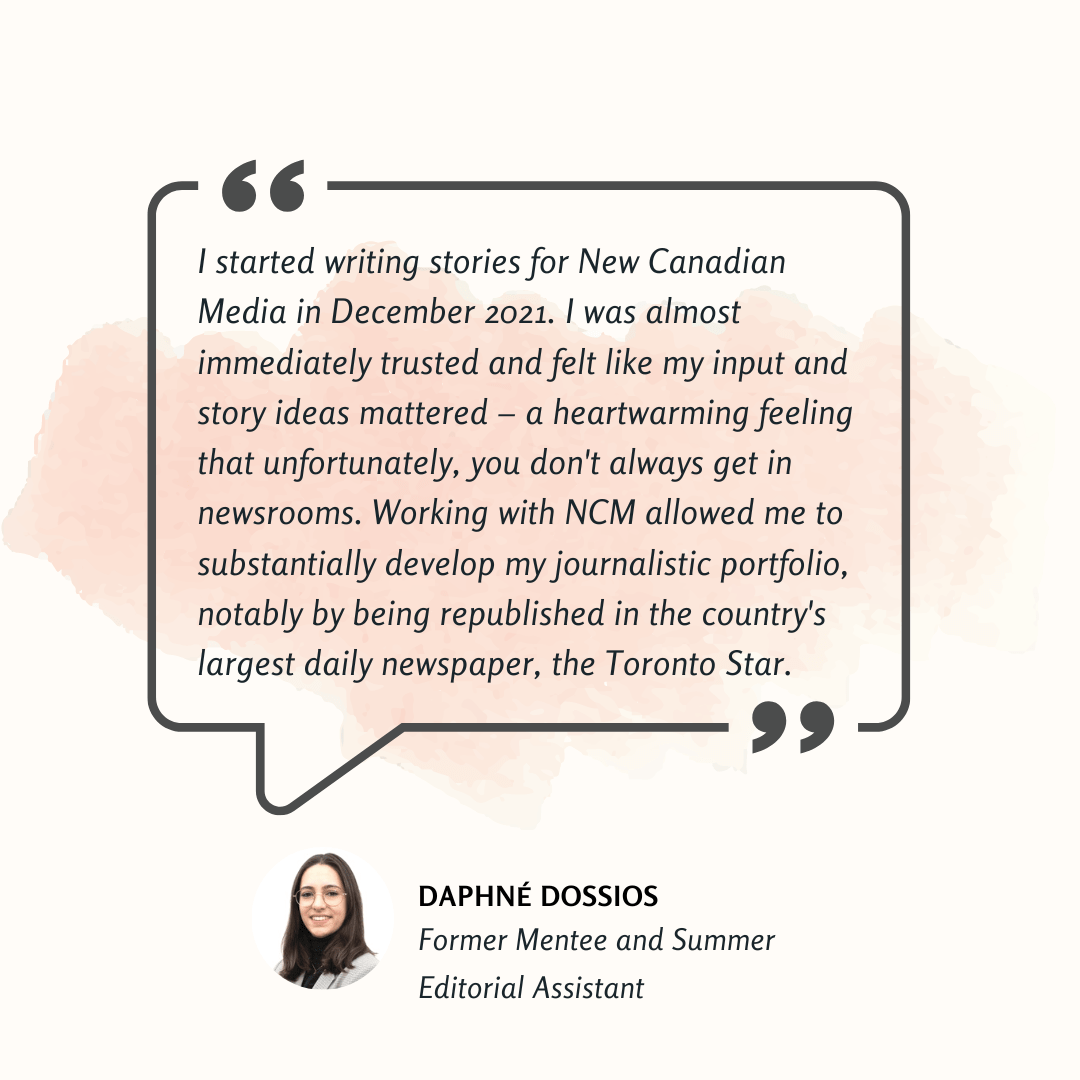
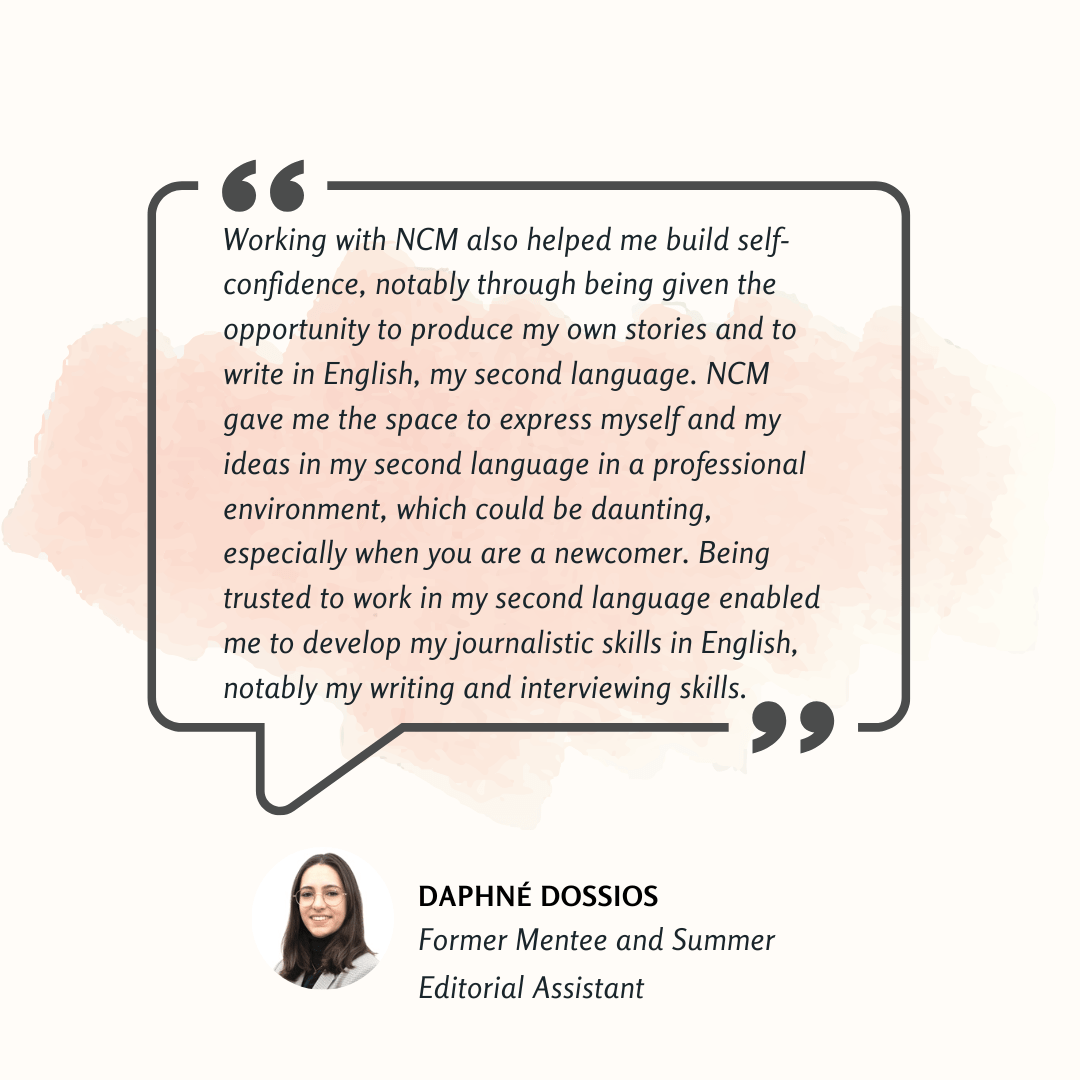
Hear from some of our mentors
Take a look at the work produced from our Mentorship Program:
- Chasing Journalism: The Challenge of Being a Refugee Reporter in Canada by: Arzu Yildiz
- How Introverted Immigrants Navigate the Canadian Job Market by: Minu Mathew
- Lessons of War: Colombian Diaspora Add Their Voices to Truth Commission by: Isabel Inclan
- ‘I’ve Seen the Good, the Bad and the Ugly as an International Student’ by: Wesam AbdElhamid Mohamed
- Settling in Canada During a Pandemic is a Double-Edged Sword by: Ruhina Taskin
For Mentors:
Thank you for taking the time to support the NCM Mentorship program. Your participation is crucial to providing mentees the opportunity to grow in their journalistic career, and to reach more people with the stories they care about.
To streamline the process, here are some general guidelines:
1/ Get to know the mentee. Every mentor will receive a brief bio of the journalist they are partnered with, however, that can’t replace real conversation. Talk to your mentee and find out:
– Past experience working as a journalist abroad
– Good and bad impressions of working as a journalist so far in Canada
– Areas they are struggling with in their own writing, researching, framing, pitching
– Their personal goals and objectives in participating in the mentorship program.
2/ Set out realistic, measurable goals and objectives
– Discuss the time commitment you are each prepared to make
– Determine how frequently, and using which method, you will communicate (in-person, video calling, phone)
– Clearly review expectations of the mentorship which provides:
advice on one writing projects/ commentary piece, including guidance and advice on how best to frame the piece, and how best to prepare it. There will be feedback on the draft and support throughout the editing process until a final product is ready for submission (with a maximum of three rounds of editing advice).
3/ Take notes of the mentorship experience to provide the mentee with a final checklist of recommendations and next steps. This document should also be shared with NCM to help inform a final, anonymized report about the mentorship program.
4/ Track changes
– When editing a mentee’s work, please use track changes and where possible/necessary, include comments about the work that provides either constructive suggestions, or highlighting what is working.
Key reminders:
– As a mentor, you are a more of a coach than a teacher. Your role is to help guide the
mentee but not to teach them how to be a journalist – they already have experience
doing that.
– As a coach, you will gently advise around areas of substance, style, audience, and
context while leaving full autonomy with the mentee to accept or decline suggestions.
– The relationship must be based on mutual respect and cooperation***.
Recommended reading: How to be a good mentor
For Mentees:
Thank you for participating in NCM’s Mentorship program. We are committed to supporting your aspirations in journalism. This paid mentorship program aims to provide you with valuable support from an established journalist or columnist and is intended to help you navigate Canada’s media landscape to share stories and ideas that reflect the country’s diversity.

To streamline the process, here are some general guidelines:
1/ Take full advantage of this opportunity to explore ideas that you have. Share these ideas with your mentor and consider the advice provided carefully. Don’t be afraid to engage in discussion and to share reflections and concerns. This is a learning opportunity, so be fully present and give this mentorship its due time.
2/ Be sure that you are fully clear about your expectations and your time constraints. Discuss with your mentor and come to a consultation plan that includes meeting times, method of communicating, general agenda.
3/ Take notes throughout the experience. Be ready to share your learning with the NCM in a brief summary about the experience at the end of the mentorship.
4/ Be ready for all meetings with precise questions. It’s important to be focused throughout the mentorship and to utilize valuable time with your mentee. Stay focused and on time so as to gain as much from the opportunity as possible.
5/ Accept feedback with grace. Sometimes it’s hard to take criticism or to listen to a viewpoint at odds with our own. You do not ever have to take advice that you disagree with, simply listen, provide your reflections, and move on to another issue you are struggling with. The relationship must be based on mutual respect and cooperation.***
6/ At the end of the mentorship, be sure to tie up any loose ends in regards to questions or missing pieces of information you require to make your pitch. Once the mentorship is complete, the relationship with your mentee will conclude.
Recommended reading: How to be a good mentee
(NCM is grateful to Amira Elghawaby for drafting this guide.)
***The NCM is not liable for any objectionable actions taken by the mentors or mentees. Any concerns about harassment or other unacceptable behaviour by either party must immediately be brought to the attention of the NCM Publisher and appropriate action will be taken.
(top photo by Mateus Campos Felipe on Unsplash, lower photo by Helloquence on Unsplash)

